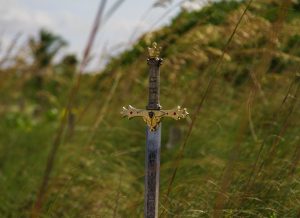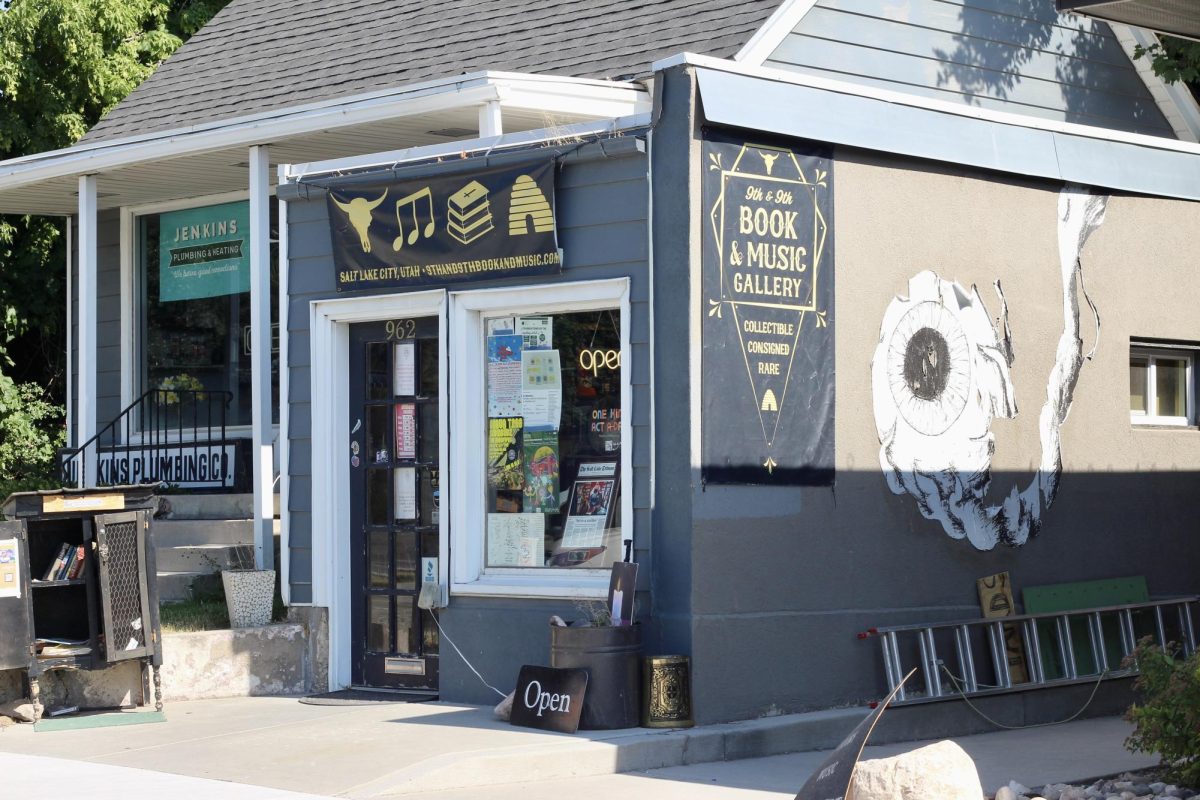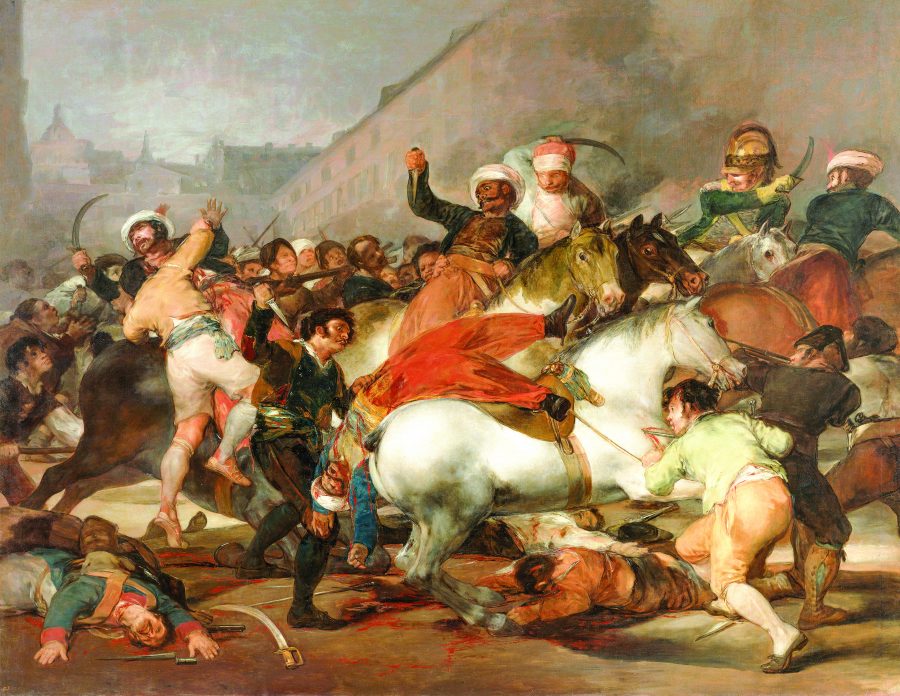Here on campus, one of our biggest events of the year is known as the Holy War, a massive football game that has the University of Utah go up against Brigham Young University. The Holy War has been a university tradition since 1896.
The rivalry we have with BYU is a long-standing one. The event that accentuates this is our football games, because that’s the only place where teams of young men can beat each other up with over 45,000 people watching and not get in trouble. Why is it called the Holy War? Mainly because BYU is currently run by the Church of Jesus Christ of Latter-day Saints, whereas the U is a public, state-run institution. Both have contrasting beliefs and practices on campus.
But this is school. We’re not here to watch our fellow students lock horns and likely subject themselves to irreversible damage. We’re here to learn. Now let’s go over one of the original holy wars, the Crusades.
A long time ago (1096 CE), 6,274 miles away, the Byzantine Emperor, Alexius I Komnenos, called for military aid against the Turks, wanting to take Jerusalem back for Christianity and the Byzantine Empire. The Council of Claremont was held and hosted by Pope Urban II. One rousing meeting later, many knights and noblemen decided to travel forth and reclaim the Holy Land. The rallying cry became “Deus Vult,” which translates from Latin to “God wills it.”

This was not enough for some folks, however. In return for joining the Crusade, you would have been given divine absolution, which in essence is a golden ticket to heaven. A one way trip to God’s palace in medieval Europe was a huge deal.
Who needs the help of the pope and Emperor? Peter the Hermit sure didn’t. A priest by trade, Peter went ahead of Urban, recruiting from all walks of life, including women and children, but mainly peasants and farm workers. Together, they walked from Cologne, all the way down through Turkey and into Constantinople. During this trek, Peter lost control of the peasant crusaders, allowing them to loot and pillage, scaring the European countryside as this merry band of misfits charged towards the Holy Land.
Eventually, Urban was able to organize a group of knights and their armies to send to Constantinople (now Istanbul, not Constantinople). On their way, they were walking in the path of the People’s Crusade, running into problems throughout Hungary. Think of it like identity theft. Someone else is looting and killing in your name, and when you come through asking for help, the family you just decimated isn’t going to be happy.
Regardless, these barons and noblemen made it to Turkish territory and proceeded to retake the Holy Land and other cities once a part of the empire. After finding an almost holy artifact buried within a church in Antioch, boosting moral enough to jump a massive hurdle in their crusade, the remaining crusaders finally made it to Jerusalem– that is, the government-sanctioned ones.

Running low on men, passing by poisoned wells and having no lumber to construct siege machines, the crusaders had only one option: They would have to take the city by force without the longevity to starve the city. Because of a stroke of luck and the art of deal-making, the Crusaders were given dismantled ships by Genoese marines, gifting them the necessary tools they would need to scale the walls and take the city. Finally, on Jul. 13, 1099, a two-day long siege took place. Thousands of crusaders and Muslim defenders were killed. The death toll was nothing compared to when the assaulting forces finally flooded into the city.
No one was spared. Some of the crusaders reportedly attempted to give protection to a handful of civilians, but to no avail. A slaughter. Thus, the household name for holy wars started and ended with bloodshed.
That said, “The Holy War” we know as a school rivalry should probably not keep the name since both schools are predominantly of the same religion. “Church v. State” is a more apt name, but who am I to judge.
Now go out into the freezing night, scream at people wearing a different colored shirt and watch some men pretending to be bumper cars.














